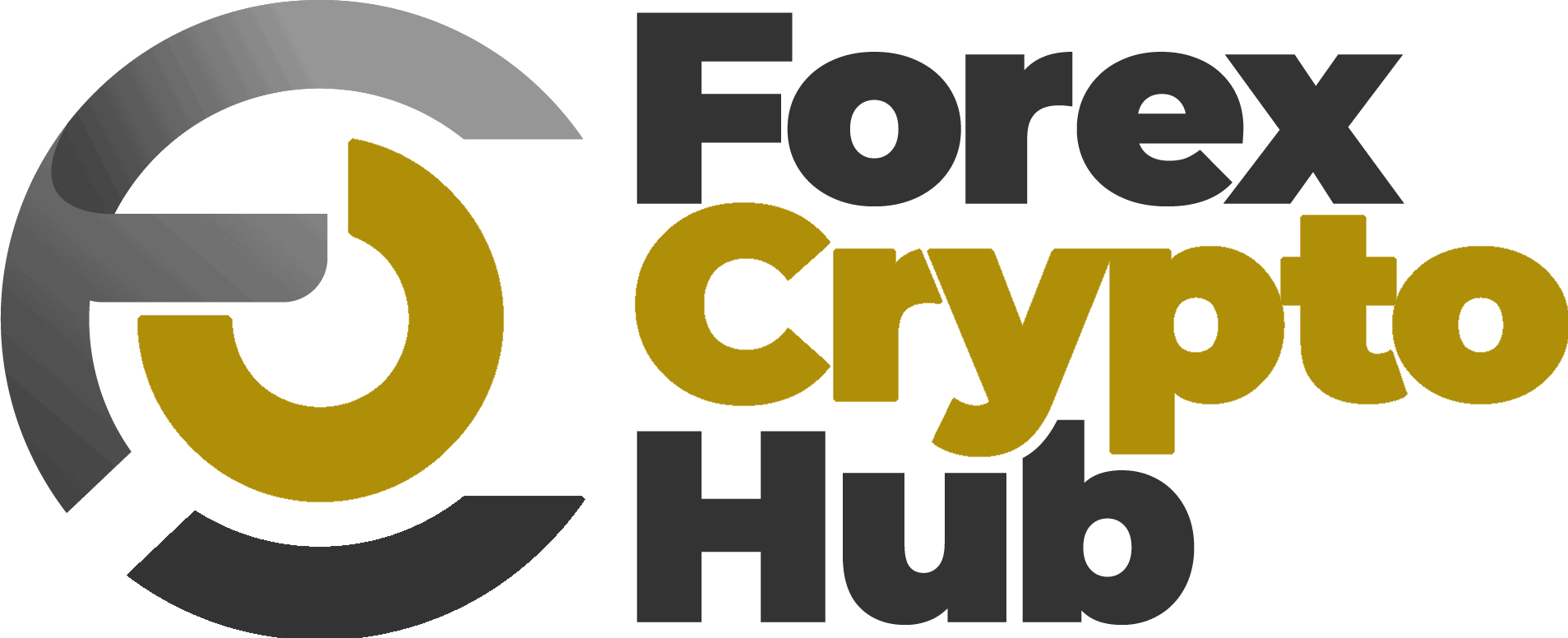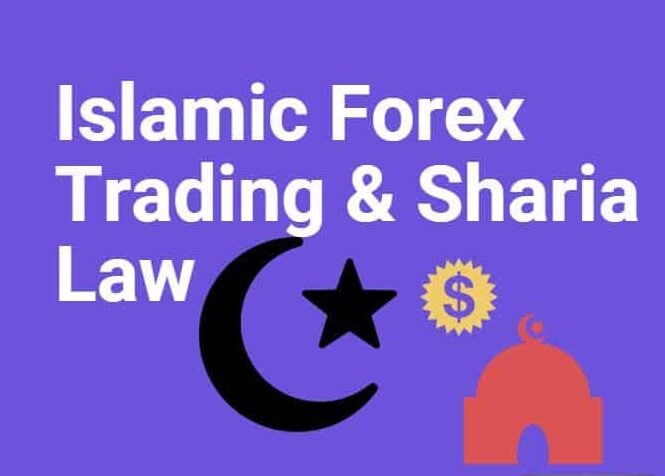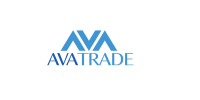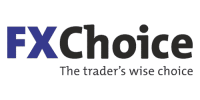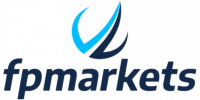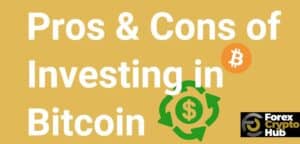Islamic Forex Trading
Many misconceptions and ambiguities surround the topic of Islamic forex trading and the Shariah laws governing Islamic finance. To be Sharia-compliant or Halal, Muslims must earn their money in a productive way, essentially meaning by providing goods, services or investing in assets. A Muslim may not collect or pay interest when lending or borrowing money.[1] The confusion in Islamic forex trading arises from swap fees, which are charged when holding positions overnight and rolling them over to the next day. Swap fees are derived from interest rates.[2]
Overview of Islamic finance and Shariah Law
The rules governing how Muslims may invest their money are extensive, but there is a lot open to interpretation.
In essence, the Islamic financial system follows a set of moral and ethical principles, focusing on equality and responsibility.[3]
Naturally, the wide range of investments products available today simply did not exist at the time when Gabriel narrated the Quran on behalf of Allah to Muhammad more than a thousand years ago.
Many practices considered normal in western financial systems are prohibited (haram) or frowned upon (makruh).
Prohibition of paying or collecting interest
Riba, or interest payments, are considered an exploitative practice and are forbidden in Sharia Law.
Many FX brokers provide forex trading with overnight interest charges as a core function.
Many westerners believe that by eliminating interest from a financial product, it becomes Shariah-compliant, but that’s not the case. Several facts determine whether a product is halal or haram.
Islamic Forex Brokers List
The brokers listed below offer Islamic, swap-free trading accounts.
Prohibition of speculative activities, uncertainty and risk
Maisir, or gambling, is prohibited. Some investment products, such as Binary Options, would clearly fall under this category and therefore are forbidden.
In addition, gharar refers to excessive risk and uncertainty, both of which are banned concepts in Islamic finance.
Short selling financial instruments, such as stocks or commodities using derivatives considered haram by most Islamic scholars as the trader does not own the underlying asset, and transactions should be backed by tangible assets.
Moreover, short selling comes with unlimited risk as an underlying instrument has no ceiling to how high it can go.
Although there is no specific rule prohibiting day trading in Shariah Law, it is considered controversial due to the speculative nature, typical association with derivatives and lacks an essential function in society. Day trading is not a characteristic of a financial product; rather, it’s a technique.[4]
Investing in prohibited activities
Just because a financial instrument is halal, such as buying shares in a company, the activities the company engages in is relevant.
For example, a Muslim may not invest in a company that facilitates gambling, of the consumption of alcohol, or pork.
Does Islamic finance permit forex trading?
Forex trading, under certain conditions, is permitted according to Shariah Law. Moreover, forex trading is a regulated activity in several Islamic nations.
Forex trading is regulated in multiple Islamic countries.
For example, in the UAE, it’s regulated by the Central Bank of the UAE, and in the Dubai free zone by the Dubai Financial Services Authority and in the Abu Dhabi free zone by the Financial Services Regulatory Authority.
Additionally, the Securities & Commodities Authority of UAE is working on legislative restructuring to include forex brokers.[5]
Forex trading is also a regulated activity in Lebanon, Labuan (federal territory of Malaysia), Kuwait, Saudi Arabia, and several others.
Financial markets regulators in the Muslim world follow legislation heavily influenced by Shariah Law.
Islamic forex trading accounts
Many forex brokers offer trading accounts designed to meet the requirements of Shariah Law and the principles articulated for Islamic finance.
Islamic forex trading accounts are often referred to as swap-free accounts.
Most international forex brokers also offer various contracts-for-difference products to go long or short on stocks, indices, commodities, futures, treasuries and more.
Some of these products, such as treasuries and futures, should be excluded from Islamic forex accounts.
Islamic account vs standard account
The primary difference between a standard forex trading account and an Islamic trading account is the absence of swap fees.
Swap fees vary and fluctuate according to interest rates. In most cases, the trader will pay the broker, and in rare cases, the broker will pay the trader.
Instead of applying swaps, some brokers charge a fixed fee for holding positions overnight. The fee could be a fixed percentage (i.e., 0.5%+), or it could be a fixed charge (i.e., $5 per lot) per night.
In many cases, brokers limit the number of instruments available to exclude any currencies with volatile interest rates to prevent losing money as they charge a fixed price.
Who can open a swap-free account?
In most cases, brokers only allow traders of the Muslim faith to open a swap-free trading account. In some situations, a broker may even request proof of faith to verify that you’re a practicing Muslim.
Each broker will have its own policy.
In general, they will exercise common sense and take your name and location into consideration before asking for very personal information.
For example, if your name is John Smith from New Zealand, they might ask for evidence.
Is a swap-free trading account the same as an Islamic account?
Forex brokers tend to use the terms swap-free account and Islamic account interchangeably.
However, when a broker refers explicitly to an Islamic account, it implies compliance with Sharia finance rules.
Whereas a swap-free account merely refers to an account not charging swap fees.
Most international forex brokers will offer a swap-free trading account designed for Muslim traders; you don’t need to find a broker located in an Islamic country.
Is CFD trading permitted under Islamic finance?
Many Islamic scholars concur that CFD trading is not halal.
When trading CFDs, you do not own the underlying asset, nor is there any intention to own it, as all CFDs are settled in cash.
Other characteristics of CFDs contradict Sharia law, such as the ability to short sell and utilize high amounts of leverage.[6]
About This Article
Author: Mark Prosz
Sources of information and credits for this post include:
[1] https://www.alrayanbank.co.uk/guide-islamic-finance
[2] https://www.investopedia.com/terms/r/rollover-rate.asp
[3] https://www.islamic-banking.com/explore/islamic-finance
[4] https://corporatefinanceinstitute.com/resources/knowledge/finance/islamic-finance/
[5] https://www.sca.gov.ae/en/media-center/news/6/7/2020/sca-launches-a-project-to-restructure-the-legislative-system.aspx
[6] https://alqalam.org.uk/what-is-the-islamic-position-on-cfd-trading/
A portion of the Sign up links to brokers websites are affiliate links. We may receive a commission with no charge to you. This enables us to keep creating helpful forex trading content for our readers for free.
